BC Drinking and Driving Laws: Stay Informed & Safe
Did you know that impaired driving is one of the leading causes of road accidents and fatalities in British Columbia? Each year, countless lives are affected by the devastating consequences of drinking and driving. It’s crucial to understand the BC drinking and driving laws to ensure your own safety and the safety of others on the road.
Key Takeaways:
- British Columbia has strict laws and regulations governing alcohol, drugs, and driving to protect public safety.
- The legal limits for blood alcohol content (BAC) and blood drug concentration (BDC) are defined by specific values.
- Driving with a BAC equal to or greater than 80 milligrams of alcohol in 100 milliliters of blood is a criminal offense.
- BC has a graduated licensing program that imposes stricter penalties for new and novice drivers.
- The consequences of drinking and driving in BC include driving prohibitions, fines, impoundment of vehicles, and mandatory participation in the Driver Improvement Program.
Understanding BAC and Impaired Driving Offenses
In order to enforce and regulate safe driving practices, British Columbia has established clear guidelines regarding blood alcohol content (BAC) and impaired driving offenses. Under the Criminal Code of Canada and the Motor Vehicle Act, it is a criminal offense to operate a motor vehicle while impaired by alcohol, drugs, or both.

The Criminal Code sets legal limits for BAC and blood drug concentration (BDC). Specifically, a driver is considered impaired if their BAC is equal to or greater than 80 milligrams of alcohol in 100 milliliters of blood, or if their BDC is equal to or greater than a prescribed value. This ensures that drivers are held accountable for their level of impairment and reinforces the importance of responsible driving.
It’s important to note that impaired driving offenses extend beyond alcohol. Driving under the influence of other substances, such as tetrahydrocannabinol (THC), the psychoactive component of cannabis, is also considered an offense. Different BAC and THC level thresholds are established for these specific offenses, further emphasizing the risks associated with impaired driving.
The Motor Vehicle Act complements the regulations outlined in the Criminal Code and imposes additional penalties for driving with a BAC equal to or greater than 0.05. This reinforced legislation aims to deter individuals from driving under the influence and ensures the safety of all road users.
Consequences of Drinking and Driving in BC
The consequences of drinking and driving in British Columbia can have serious implications. Not only does it jeopardize public safety, but it also carries significant penalties and fines. If caught driving with a blood alcohol content (BAC) between 0.05 and 0.08, individuals may face a temporary driving prohibition and a fine. The duration of the ban and the amount of the fine depend on the number of previous offenses within a five-year period.
To further deter impaired driving, BC has implemented a Driver Improvement Program. This program is mandatory for drivers who accumulate three or more offenses within a five-year period. Drivers must complete a responsible driving training program and utilize an ignition interlock device for one year. These measures aim to enhance road safety and promote responsible driving habits.
Additionally, drinking and driving can result in vehicle impoundment, meaning that the driver’s vehicle will be seized and held for a specified period. This serves as both a penalty and a preventive measure to discourage future instances of impaired driving.
It’s crucial to note that BC’s enforcement agencies have the authority to administer blood alcohol tests and physical coordination tests to determine impairment. Refusal to comply with these tests may lead to further penalties and consequences for the individual involved.
Overall, the consequences of drinking and driving in BC can be severe, ranging from driving prohibitions, fines, and vehicle impoundments to mandatory participation in the Driver Improvement Program. It is vital to prioritize responsible decision-making and avoid putting oneself and others at risk by consuming alcohol responsibly and refraining from driving under the influence.

BC Drinking and Driving Penalties
| Offense | Driving Prohibition | Fine |
|---|---|---|
| First Offense | 3 days | $1,000 |
| Second Offense | 30 days | $1,500 |
| Third Offense | 90 days | To be determined by the Superintendent of Motor Vehicles |
Police Enforcement and Testing Procedures
As part of enforcing British Columbia’s drinking and driving laws, police officers have the authority to administer tests to determine if a person is operating a motor vehicle while impaired. These tests typically involve obtaining a breath or blood sample to measure the individual’s level of intoxication.
If an officer has reasonable grounds to believe that a driver is impaired, they may request the driver to provide a breath sample using a handheld device known as a breathalyzer. The breathalyzer measures the concentration of alcohol in the exhaled breath and provides an indication of the driver’s blood alcohol content (BAC).
In some cases, a police officer may also require an individual to undergo an evaluation by a Drug Recognition Expert (DRE). A DRE is a specially trained officer who can assess impairment caused by drugs or a combination of drugs and alcohol. The evaluation includes a series of tests, observations, and measurements to determine the presence and effects of drugs on the individual’s ability to operate a motor vehicle safely.
It is important to note that refusing or failing to comply with a police officer’s demand for testing can result in serious consequences. In addition to potentially facing criminal charges, a refusal to provide a breath or blood sample can lead to immediate license suspension and other penalties.
These testing procedures are carried out when there are reasonable grounds to believe that a person is impaired or has recently operated a motor vehicle while impaired. They play a crucial role in ensuring the safety of all road users and deterring individuals from driving under the influence of alcohol or drugs.
| Testing Procedures | Penalties for Refusal to Comply |
|---|---|
| Breath Test | Immediate license suspension, criminal charges, fines, and potential imprisonment |
| Blood Test | Immediate license suspension, criminal charges, fines, and potential imprisonment |
| Drug Recognition Expert Evaluation | Immediate license suspension, criminal charges, fines, and potential imprisonment |
24-Hour Prohibitions for Alcohol or Drug-Affected Driving
If the police have reasonable grounds to believe that alcohol or drugs have affected a driver’s ability to operate a motor vehicle, they can issue a 24-hour prohibition. This requires the driver to surrender their license for 24 hours. The prohibition starts immediately upon being served the Notice of Driving Prohibition and remains on the driver’s record permanently. Police may also choose to impound the vehicle for 24 hours. Drivers have the right to request a review of a 24-hour prohibition within seven days, provided they meet specific grounds such as being wrongly identified as the driver or a failure to administer a required test.
During the 24-hour prohibition, drivers are not allowed to operate a motor vehicle. It is essential to comply with this requirement to avoid further legal consequences and penalties. Surrendering the license to the authorities is mandatory and failure to do so can result in additional charges and complications.
Additionally, in some cases, the police may impound the vehicle for the duration of the 24-hour prohibition. This means that the vehicle will be taken into custody by the authorities and kept in a secure location for the specified time. The impoundment serves as a deterrent and reinforces the seriousness of the offense.
The Review Process for 24-Hour Prohibitions
If a driver disagrees with the issuance of a 24-hour prohibition, they have the right to request a review of the decision. The review process allows drivers to present their case and provide evidence to support their claim that the prohibition was unjust or incorrect.
Drivers must submit a written request for review within seven days of being served the Notice of Driving Prohibition. The request should clearly state the grounds for review, such as being wrongly identified as the driver or a failure to administer a required test. It is important to provide all relevant information and supporting documents to strengthen the case.
Once the request for review is received, an independent adjudicator will evaluate the evidence presented by the driver and determine whether the prohibition should be upheld or overturned. The decision of the adjudicator is final and binding.
To ensure a fair and impartial review, it is crucial to follow the guidelines and procedures outlined by the authorities. Providing accurate and compelling evidence can significantly increase the chances of a successful review outcome.
| Review Process | Steps |
|---|---|
| 1 | Submit a written request for review within seven days of being served the Notice of Driving Prohibition. |
| 2 | Include all relevant information and supporting documents to strengthen the case. |
| 3 | An independent adjudicator will evaluate the evidence presented and make a decision. |
| 4 | The decision of the adjudicator is final and binding. |
Graduated Licensing Program and Zero BAC Requirement
In British Columbia, the Graduated Licensing Program is an important part of ensuring the safety of new drivers on the road. This program applies to all new drivers, regardless of age, and it establishes a series of stages that they must pass through before obtaining a regular class driver’s license.
One of the key requirements of the graduated licensing program is the maintenance of a zero blood alcohol content (BAC) at all times for learner and novice drivers. This means that new drivers must not have any amount of alcohol in their system while operating a motor vehicle.
Exceeding the zero BAC limit can have serious consequences for new drivers. It can result in penalties such as an extension of the graduated licensing program, where the driver must remain in a specific stage for a longer period of time. Additionally, exceeding the zero BAC limit may also lead to possible additional sanctions under the Driver Improvement Program.
By enforcing a zero BAC requirement for new drivers, British Columbia aims to promote safe and responsible driving habits, reducing the risks associated with alcohol-impaired driving. Novice drivers need to understand the importance of adhering to this requirement, as it plays a vital role in ensuring their safety and the safety of others on the road.
Importance of BC’s Drinking and Driving Laws
BC’s drinking and driving laws play a vital role in safeguarding public safety and minimizing the risks associated with alcohol-impaired driving. The consumption of alcohol impairs essential skills such as thinking and coordination, which are crucial for safe driving. Even a small amount of alcohol in the bloodstream can significantly increase the chances of accidents and serious injuries.
By enforcing stringent laws and imposing penalties, BC aims to create safer communities by discouraging the dangerous combination of alcohol and driving. These measures are particularly crucial for young adults, who are more susceptible to engaging in risky behavior on the road. The prevention of impaired driving accidents and alcohol-related fatalities is at the core of BC’s commitment to public safety.
The implementation of effective drinking and driving laws is vital for the prevention of tragic accidents and the preservation of lives. By raising awareness about the risks of drinking and driving and promoting responsible behavior, BC can make significant strides towards achieving its goal of safer roads and communities for everyone.
- Canada Arrest Protocol: What Police Say Upon Arrest - June 12, 2025
- Can Police Disclose Who Reported You? Find Out Here - June 6, 2025
- 2025 Window Rebates Ontario: How to Save Money While Replacing Windows and Doors - April 24, 2025
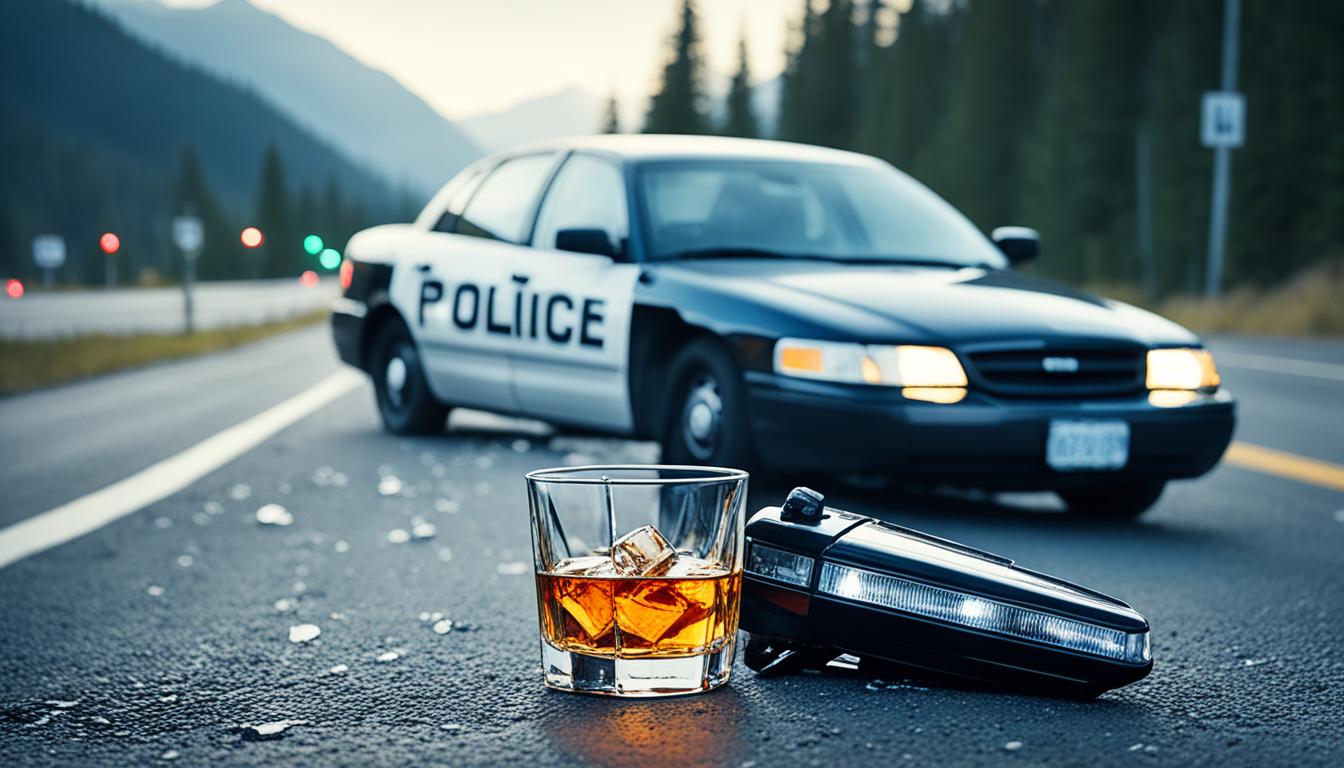
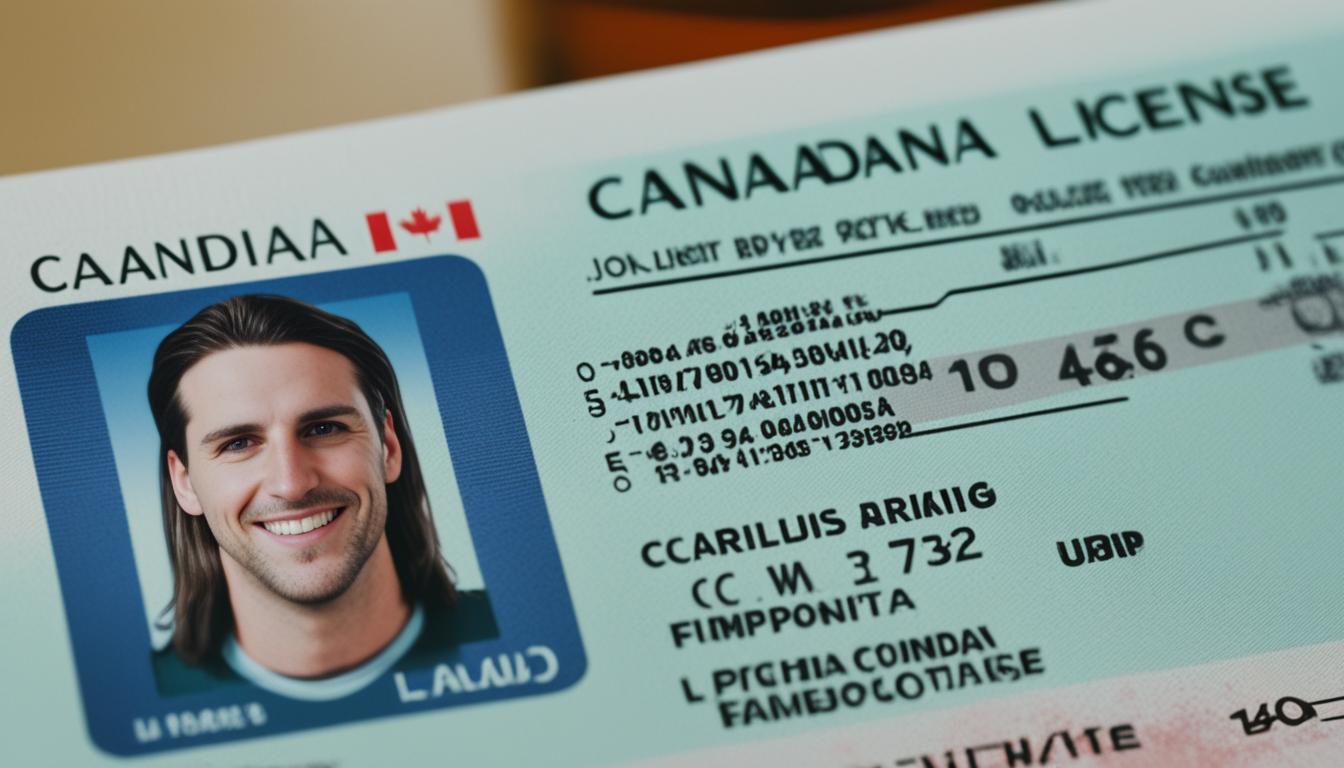
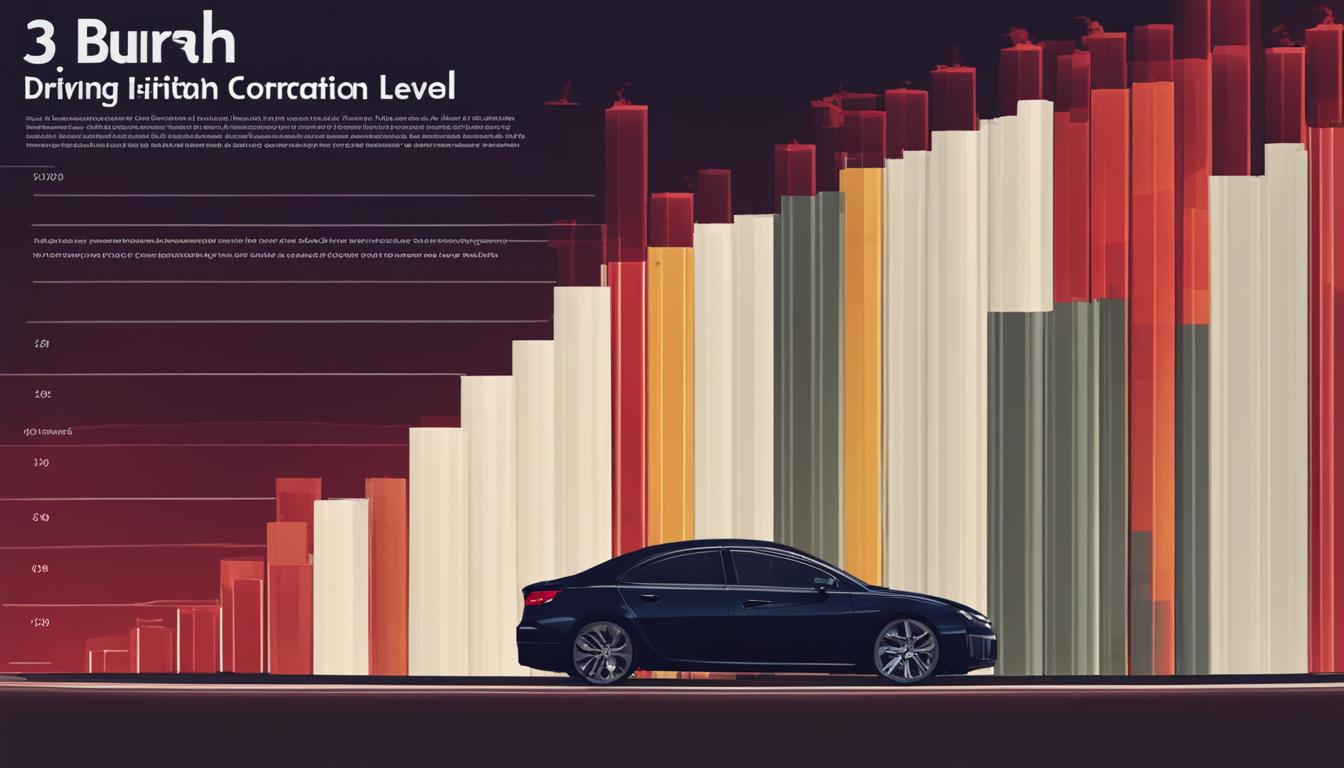

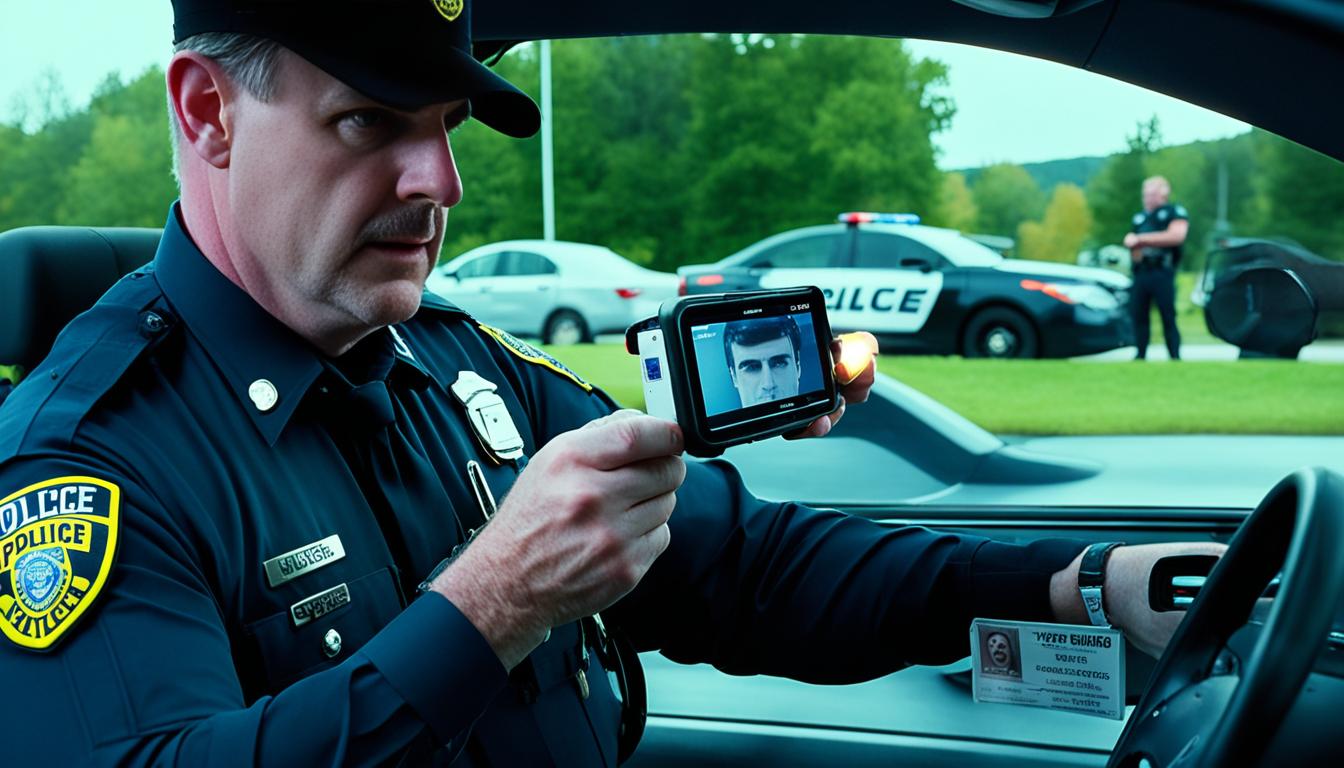




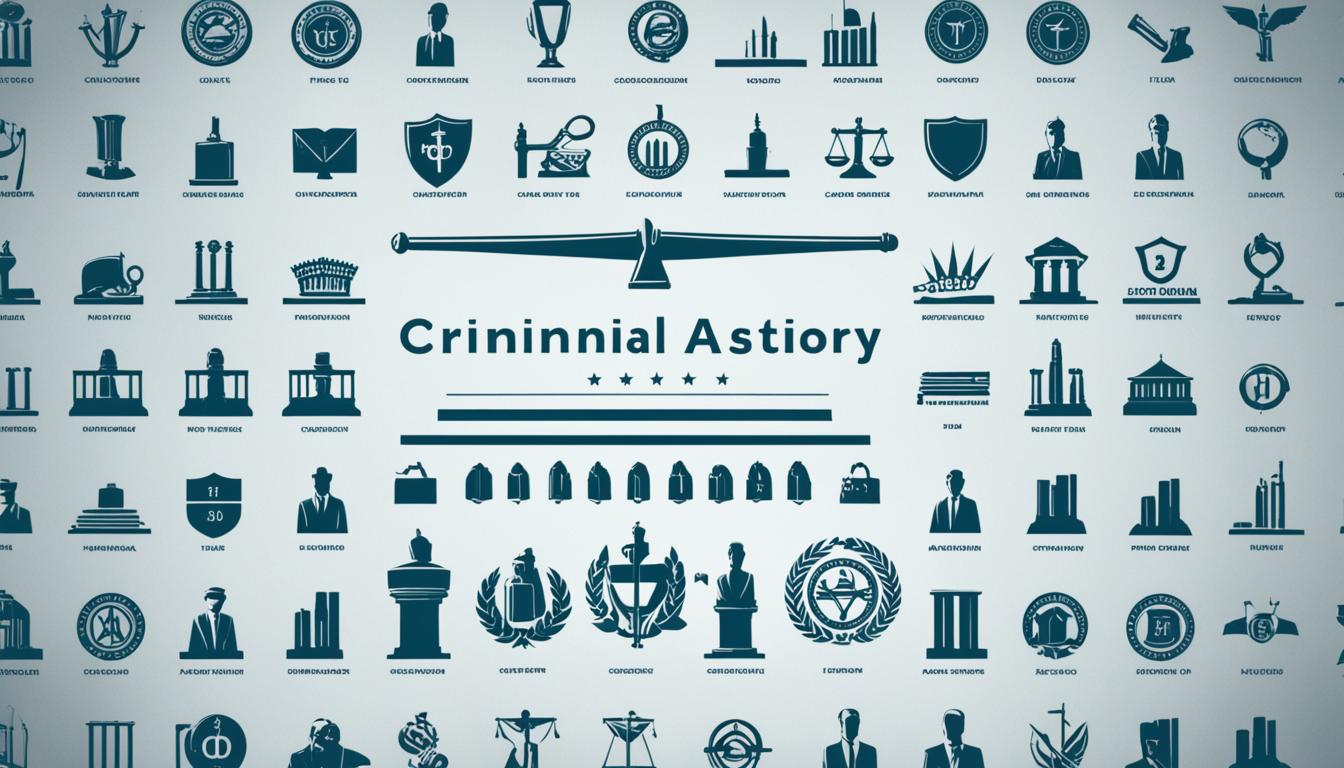










Post Comment